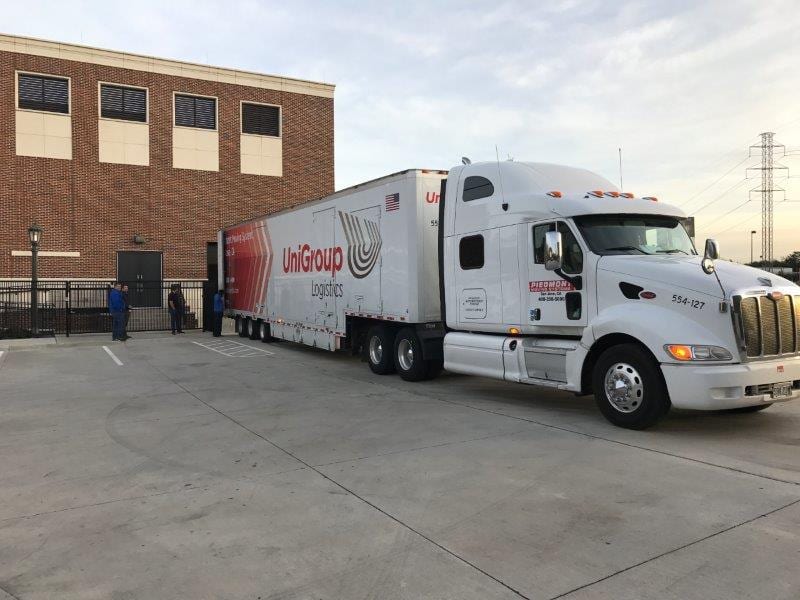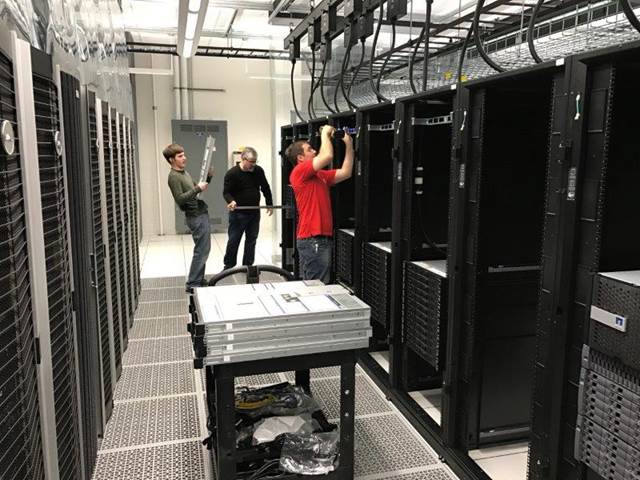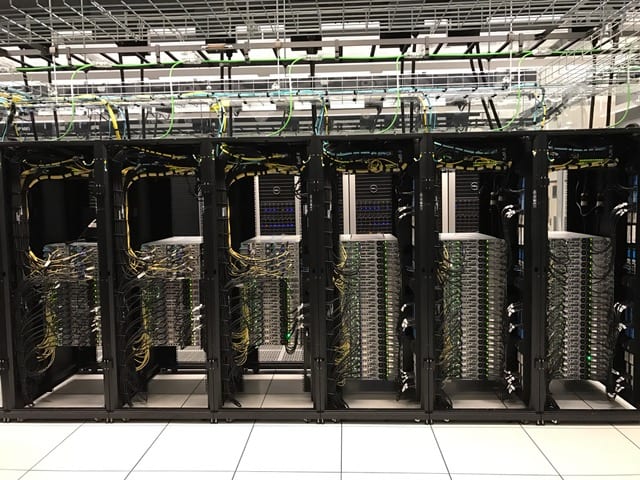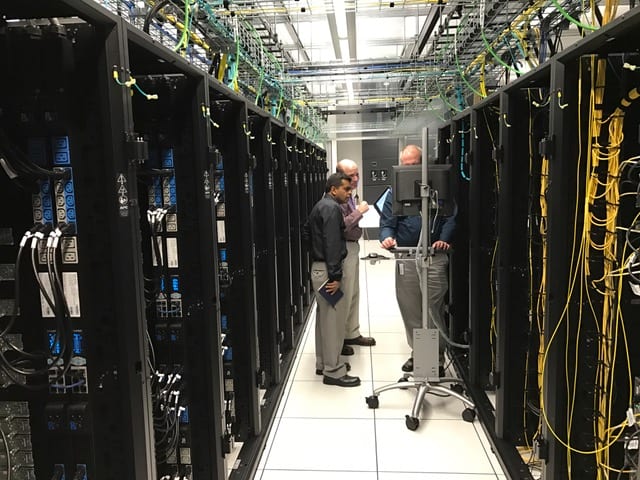Last summer, the Office of Operational Excellence launched the Event Management Initiative to improve the process of scheduling events and related services on campus in order to streamline event planning. The team discovered that “events are planned in a multitude of ways,” said Alison Tweedy, project manager for the initiative. “There is no standard format used across campus by either the people planning the event(s) or the facility hosting. Each planner and location have different methods for achieving successful results. We knew there was no standardization but were surprised to find how many points of contact someone has to make to achieve successful event planning.”
To address the inconsistencies they found, the initiative team will implement the following changes on campus over the next six months:
Online Use of Grounds Form
During their research, the initiative team discovered that the 250+ requests processed annually for use of campus grounds relied on paper forms, an inefficient and time-consuming process that involved visiting multiple buildings across campus to get required signatures. As a result, the team has been working diligently to move the Use of Grounds form online to significantly reduce the total time spent on getting approvals.
The Use of Grounds form will be available to the campus community exclusively online. In addition to making the request process faster and easier to complete, this will create a comprehensive database of events held outdoors. Any request to use an outdoor location on campus must be placed using the new online system; as a result, the event planner will be guaranteed coordination with all campus departments to eliminate conflicting events and minimize risk.
“For events held outside, the online form will greatly streamline the process,” said Tweedy. “The form does not have to be physically walked around to each approver, which will save hours of effort for all involved. The workflow allows for a seamless transition to each area of approval with the ability to see where in the process the form is and to also see if a form is not being processed in a timely manner.”
Events Management Website
To assist internal and external planners looking to use SMU spaces, the team will oversee the development of a one-stop website for event planning. For the first time, “all of the information needed to plan an event, for both on- and off-campus users, will be located on one page,” said Tweedy. The site will include information about all available facilities, parking, catering, police requirements, risk management and University policies. After an initial period during which all campus event leads will contribute information about their spaces and policies, the website will be managed by Event Services.
SMU Event Team
To address inconsistencies in planning across campus and stay abreast of new policies and best practices, the Event Management Initiative will form the SMU Event Team, consisting of a primary event contact from each school and VP area. The team will be co-chaired by Denton Bricker (Event Services) and Jay Hengst (Meadows School of the Arts) and will meet at least quarterly for discussions and presentations from the Parking and ID Card Services Office, Legal Affairs, Risk Management and possible vendors.
“As we move forward with implementing our accepted recommendations, we intend to continue to be thoughtful and inclusive in our approach to assisting everyone involved with event planning on campus. Our goal is to make life easier!” Tweedy said. Once these recommendations have been implemented and evaluated, the team will continue to assess effective ways to streamline events management at SMU, including evaluating software that might be useful campus-wide.






